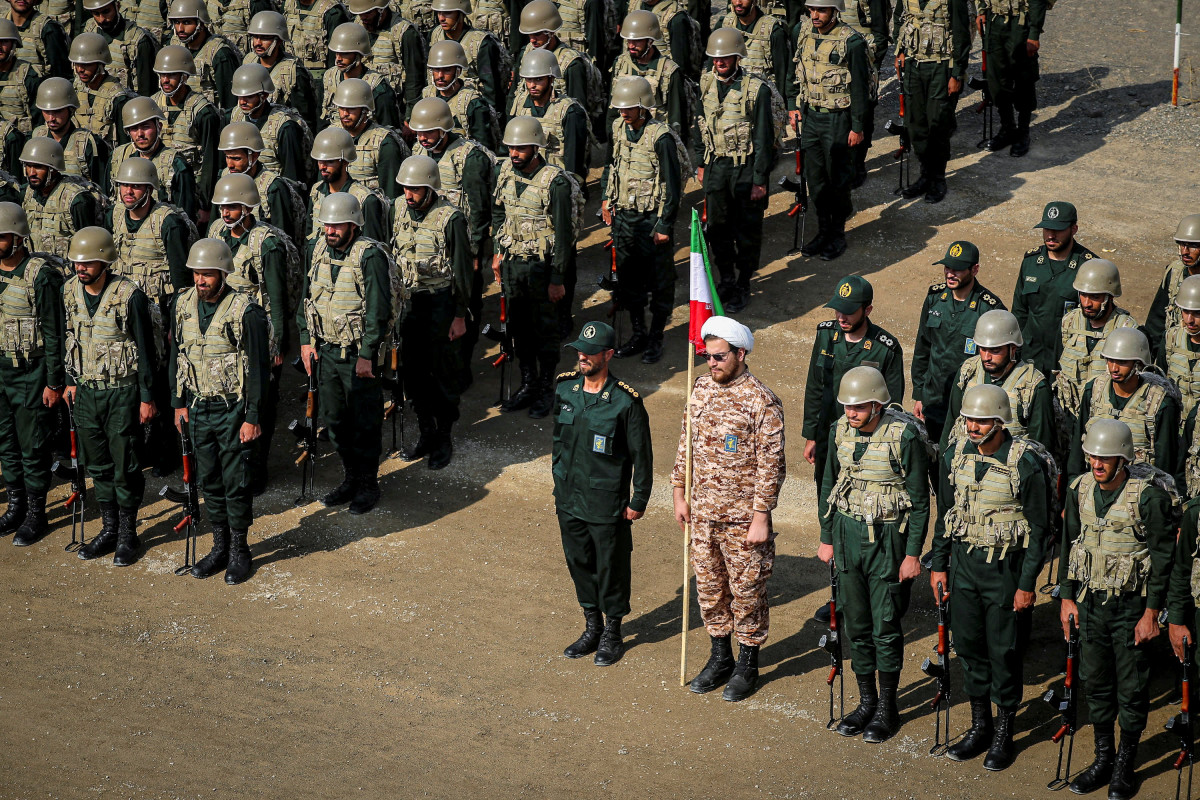A sophisticated fuel smuggling network, which according to experts generates at least a billion dollars a year for Iran and its exporters, has been thriving in Iraq since Prime Minister Muhammad Shia al-Sudani took office in 2022, according to five sources familiar with the matter, as published tonight (between Monday and Tuesday) on Reuters .
The operation takes advantage of a government policy under which Iraq allocates fuel to asphalt factories at highly subsidized prices, and involves a network of companies, organizations and private parties in Iraq, Iran and the Gulf states. Under the program, between 500,000 and 750,000 metric tons of heavy fuel oil (HFO), including high sulfur fuel oil (HSFO) — equivalent to 3.4 to 5 million barrels of oil — is diverted from the plants each month and exported, mainly to Asia, two of the sources said.
The extent of fuel smuggling since Sudani came to power and the involvement of many Iraqi parties in the illegal trade were not previously reported. Iranian and Iraqi officials did not respond to detailed requests for comment on the findings in the Reuters story.
Iran considers its neighbor and ally Iraq an economic lung and exerts considerable military, political and economic influence there through the powerful Shia militias and the political parties it supports. It also obtains hard currency from Iraq through exports and circumvents US sanctions through its banking system, Iraqi and US officials say.
While Baghdad has delicately balanced its role as a simultaneous ally of Washington and Tehran for years, with President-elect Donald Trump expected to take a hard line on Iran’s attempts to circumvent US sanctions, its activities in neighboring Iraq are likely to come under increased scrutiny.
Of the two main routes by which the fuel leaves Iraq, one involves mixing it with a similar product from Iran and presenting it as pure Iraqi, which helps Tehran evade tough American sanctions on energy exports, said the five sources, who declined to be identified due to the sensitivity of the issue. The second track includes exporting the fuel that was originally intended for the subsidy program, using fake documents to hide its origins.
Iran benefits directly from the first route. Iranian fuel is usually sold at a discount due to the sanctions, but it can be sold at a higher price – if it is presented as Iraqi. The second route, meanwhile, favors the Iranian-backed militias in Iraq that control the smuggling program.
Three sources who spoke to Reuters estimated how much the two routes would bring in based on assumptions about volumes traded and relative prices. Their estimates ranged from one billion dollars a year to more than three billion.
The illegal trade potentially puts Iraqi institutions and officials at risk of US sanctions for aid to Iran, and some Iraqi officials worry the Trump administration could crack down on them, according to Reuters.
However, Iraqi leaders rely heavily on the support of pro-Iran Shiite groups to stay in power, making it difficult for them to crack down on illegal activities, such as fuel smuggling, the sources said.
